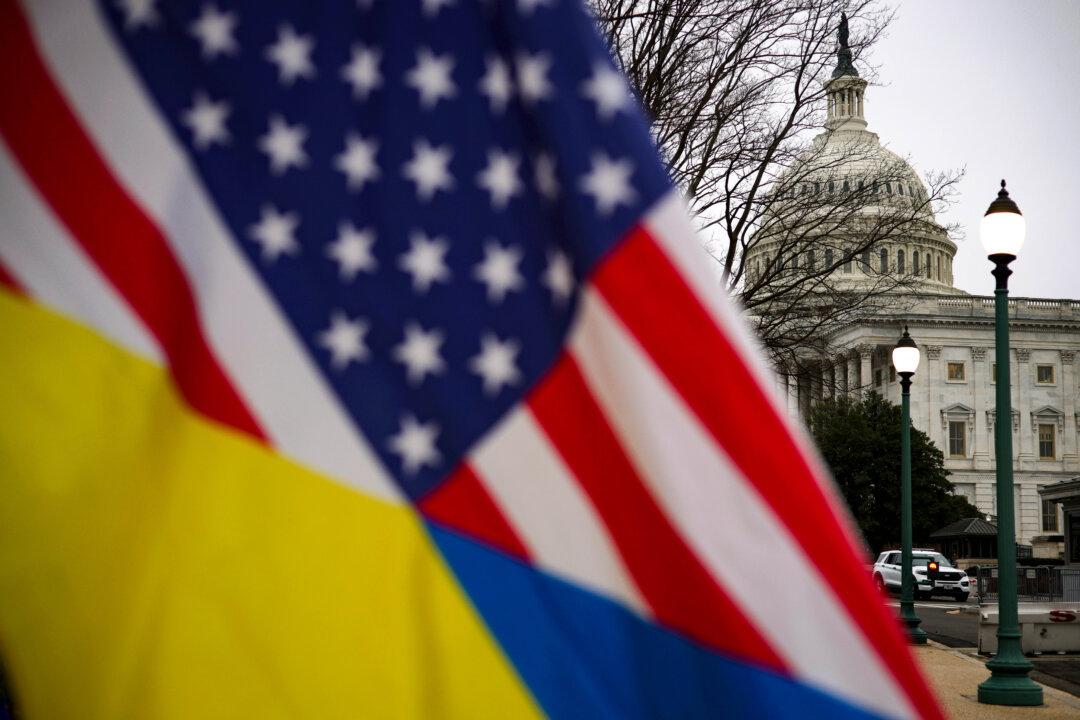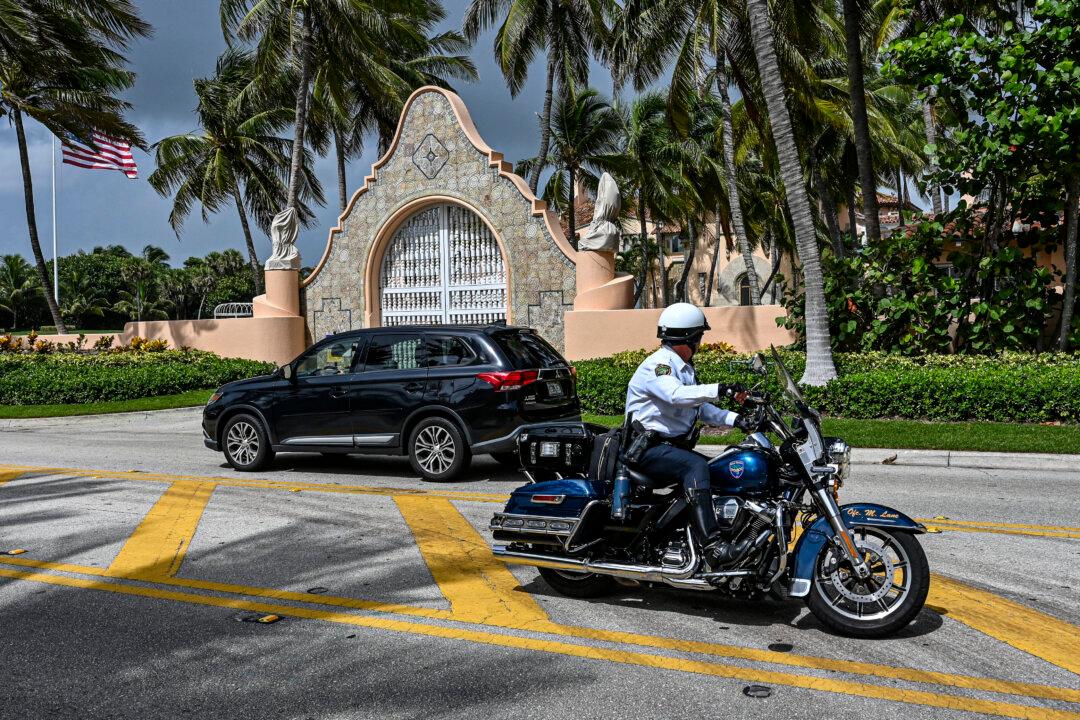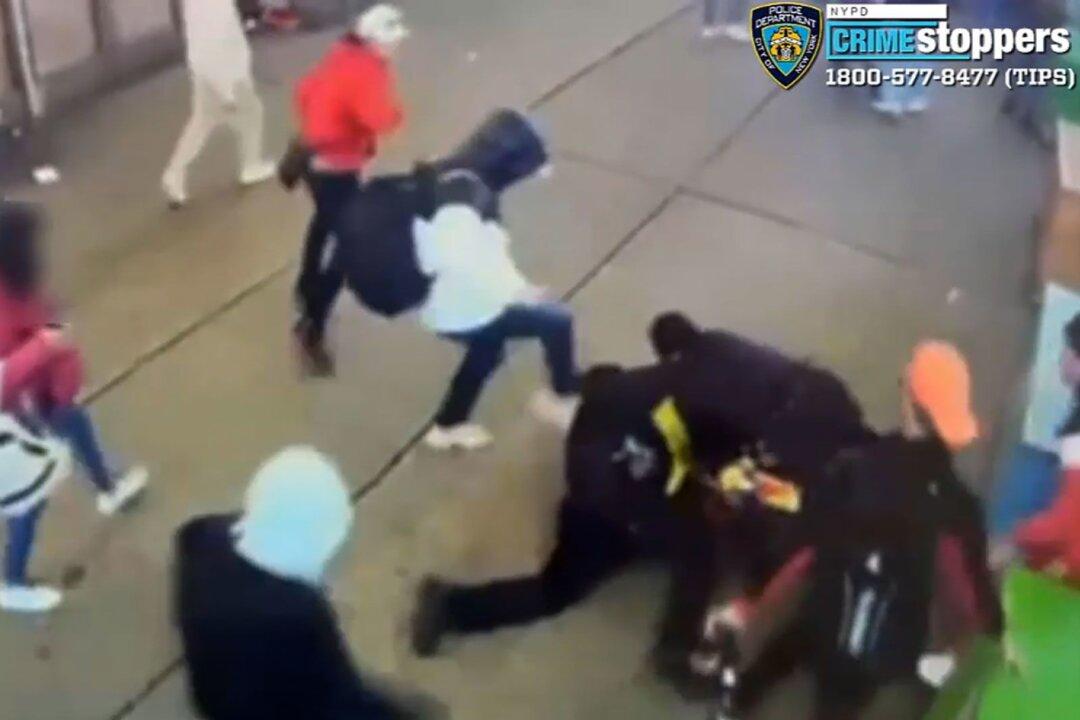Fourteen Democrat attorneys general are backing the Mexican government in a lawsuit against American gun manufacturers.
Massachusetts Attorney General Maura Healey on Jan. 31 filed a brief in Mexico v. Smith & Wesson, along with other 13 attorneys general—all Democrats—arguing that the Protection of Lawful Commerce in Arms Act (PLCAA), a federal law, cannot be used to bar gun manufacturers and dealers from being sued under state consumer laws.





